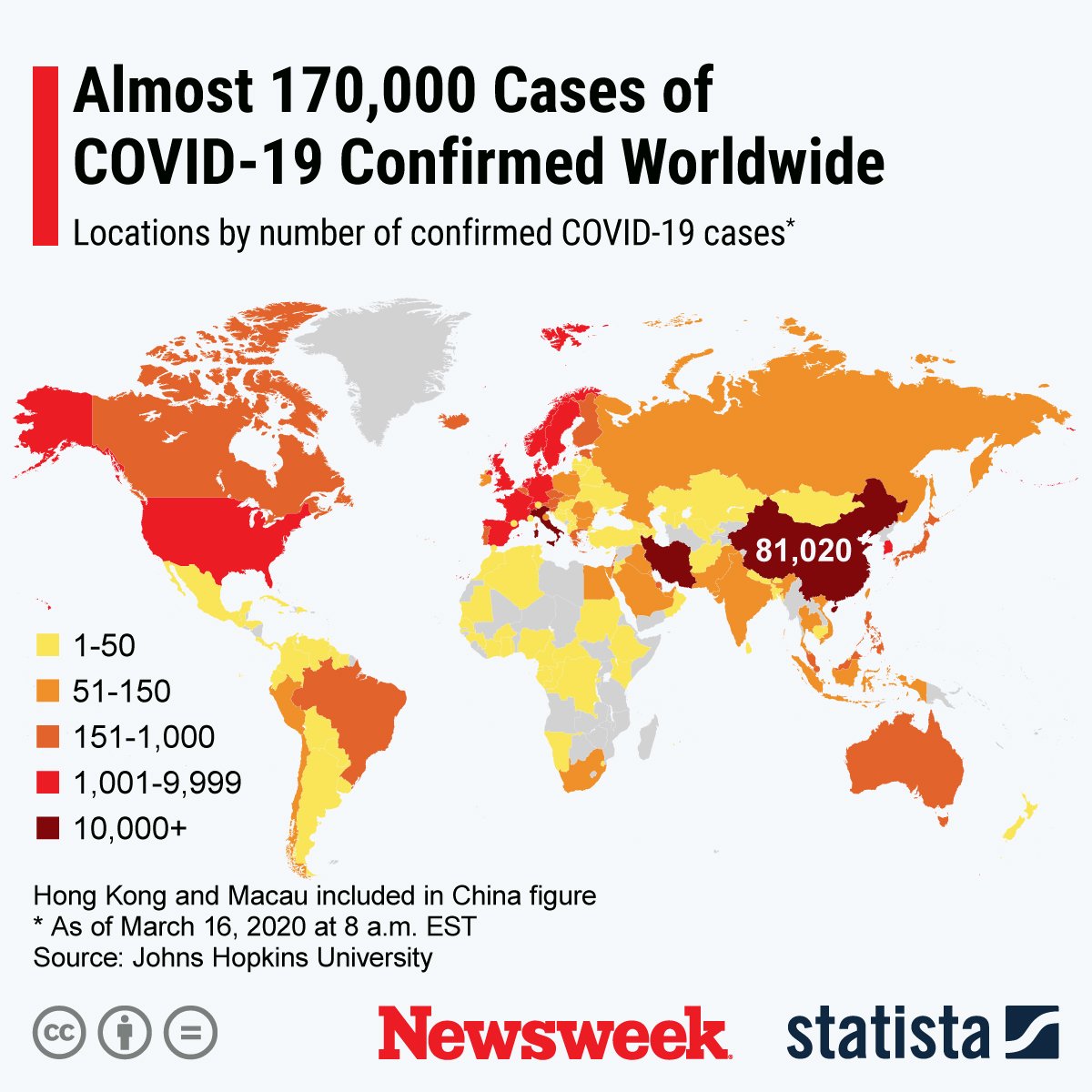Pregnant women with COVID-19 can't pass the new coronavirus on to their babies during labor, according to research.
Scientists assessed four babies born to women with COVID-19 at Huazhong University of Science and Technology in Wuhan, the Chinese city where the virus was first identified late last year. The infants were immediately isolated from their mothers after birth, and none developed COVID-19 symptoms such as a fever, cough, or diarrhea. Radiology and blood tests were also clear. Of the four mothers, three consented to their babies being tested for the virus that causes COVID-19, and none of the tests came back positive.
Two of the children had rashes of an unknown cause, including the baby whose mother didn't consent to a test. Another had ulcers on their face. One infant had tachypnea, or abnormally fast breathing, and was put on a ventilator for three days. Three of the women had a fever, two had a cough, two felt fatigued, and two had headaches.
Study co-author Dr. Yalan Liu of Huazhong University of Science and Technology said in a statement that it isn't clear whether the other symptoms, like rashes, were due to the mother having COVID-19.
"Healthcare workers delivered three of the babies by cesarean in case a vaginal birth enabled the virus to spread. The other was delivered vaginally to a mother who had a fever. Three of the mothers recovered and were released three to five days after giving birth. One mother had severe shortness of breath after giving birth and needed help breathing, but survived.
"All of the four babies are doing well and have been formula feeding since birth," the authors wrote in their paper, published in the journal Frontiers in Pediatrics.
The researchers acknowledged the study was limited due to uncertainties around how reliable diagnostic tests are in children, and the small number of participants.
Liu said: "To avoid infections caused by perinatal and postnatal transmission, our obstetricians think that C-section may be safer," adding "only one pregnant mother adopted vaginal delivery because of the onset of the labor process.
"The baby was normal. Maybe vaginal delivery is OK. It needs further study."
A separate study published in the journal The Lancet in mid-February involving nine pregnant women similarly showed their babies were not infected.
The new study came days after The Guardian reported a newborn baby tested positive for COVID-19, as did the child's mother who was taken to hospital with suspected pneumonia before giving birth. Last month, a one-day-old baby born in Wuhan also tested positive for the new coronavirus.
However, the U.K-based Royal College of Obstetricians and Gynaecologists states evidence suggests pregnant women don't appear to be more vulnerable to the consequences of COVID-19 than the general population, and there is no evidence the virus can be passed on during pregnancy or in breastmilk.
The organization is regularly publishing guidance for women and healthcare professionals on COVID-19 and pregnancy.
Claire Thorne, professor of infectious disease epidemiology at the University College London Great Ormond Street Institute of Child Health, who did not work on the paper, told Newsweek the study brings the total cases of pregnant women with confirmed COVID-19 and their babies to 25 in the scientific literature, including non-peer reviewed preprint studies.
Like the authors, Thorne said the study was limited as it only featured four mother and baby pairs, and one of the infants wasn't tested.
"Case series like this, although providing important information at the outset of an epidemic, are not able to address all the knowledge gaps about COVID-19 in pregnancy—for those we need specific research studies focused on pregnant women," said Thorne.
"Based on the limited information available to date, the clinical course of COVID-19 in pregnant women so far seems to be similar to those who are not pregnant. This is reassuring—but obviously more information is needed, including on women at earlier stages of pregnancy (all cases reported so far have been women in their late third trimester, who mainly delivered within a week of diagnosis)."
There is no evidence to date of the infection being passed on from mother to baby in the womb or during labor, "although this is based on the small number of mother-infant pairs so far," said Thorne.
She added: "I think it is fair to say that vertical transmission risk remains an open question."
Since last December, more than 169,300 cases of COVID-19 have been confirmed worldwide, and over 77,250 people have recovered. A total of 6,513 people have died. As indicated in the map by Statista below the virus has reached every continent except Antarctica.

Uncommon Knowledge
Newsweek is committed to challenging conventional wisdom and finding connections in the search for common ground.
Newsweek is committed to challenging conventional wisdom and finding connections in the search for common ground.
About the writer
Kashmira Gander is Deputy Science Editor at Newsweek. Her interests include health, gender, LGBTQIA+ issues, human rights, subcultures, music, and lifestyle. Her ... Read more
To read how Newsweek uses AI as a newsroom tool, Click here.








